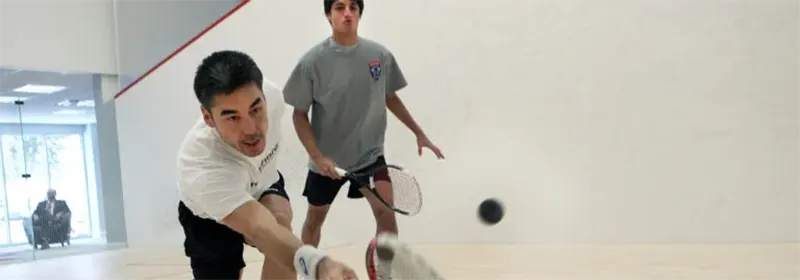05 July 2022 / 3-Min Read / Translate
In many cases, and this post being one of them!, using words is the main way we communicate with our pupils and players. As an English teacher, I am fascinated by not only the words we use (I’m slowly working on a book I want to call “Definitions and How They Define Us”), but how we use those words. As a quick side question – as coaches, do we spend enough time considering the words we use and their effect on pupils and players? I’ll be writing more about that someday.
But what if we can’t use words? What if we can’t speak? Can we still communicate effectively? How would our pupils and players respond?

Just watch and learn.
There was this one time that I had 6 hours of lessons with no break between each lesson. They were a combination of 30-minute and 60-minute sessions. I was able to have a drink between each one, but no other break. By the last one my voice had gone and I was unable to speak without pain. I didn’t want to cancel the lesson and there was nobody else to cover for me. When my pupil arrived, I explained the situation and told her we were going to do an experiment. I was not going to say a word during the lesson and only use visual and tactile communication. Luckily she agreed and off we started.
This lesson was working on her volley and without going into the details it went really well. When necessary, I would approach her, move her racket into position and move it to emphasise the swing I wanted. From that lesson forward, I often did “silent lessons” and the pupils seemed to enjoy them.
Many years later, I was working with an up and coming junior who would often lose concentration during matches. I decided to try a new approach during his training sessions. For one month, no word was spoken on court. All the routines were explained beforehand and any changes I wanted him to make were explained to him non-verbally. They were very hard training sessions as 60 minutes of hitting without talking is hard work. After the second session he commented how they really gave him confidence to focus with being distracted. He went on to captain England at at least one age group.